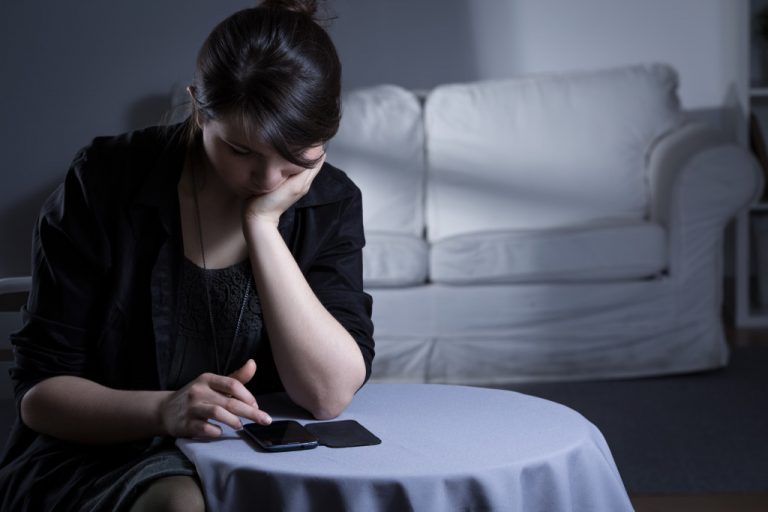Relationships may look a little different now after a year with the pandemic. Whatever shape its left relationships in, the pandemic surely tested many relationships in terms of fortitude and resiliency. It might even look all the more complicated for those in their senior years or palliative care.
In an age when making friends can be difficult, losing friends to mortality is common, and loneliness is common, it’s important to realize social support in these special times. Since being confronted with the reality we are in today, it’s just right that we find healthy and effective ways to cope. One of which is being with friends and family members, those that care for our welfare, health, and overall well-being.
Social Isolation in Old Age
The need for companionship is something everyone can easily relate to. But with the global pandemic, everybody’s relationships and social lives are impacted. The distance, travel restrictions, and limited physical contact have been tough on relationships and mental health. With these unexpected life changes, even in the simplest of things, like going out for a coffee with a friend, feels more restricted these days.
And then there’s self-isolation, especially during the months of lockdown. The lack of social contact and physical touch can easily affect a person’s mental health, and understandably so. It’s hard to shift from having your social needs met in a normal setting to being isolated at home due to abnormal circumstances.
But that’s not all the pandemic has brought about. It’s caused businesses to close, people to lose their jobs, and evoked general uncertainty of the future. These are some things that one goes through with the help of a shoulder to lean on. But that is compromised due to the pandemic.
Losing a sense of connection and community can be debilitating in the face of adversity. However, its impact doesn’t just stop at a person’s mental health and worldview, for it affects their physical health. According to research, social isolation and loneliness heighten the risk of high blood pressure, heart diseases, obesity, a weakened immune system, and even death. This is a real concern around before the pandemic and might continue to be around after it. That’s why many have started interventions and provided resources to address this problem.

Loss of Loved Ones Later in Life
Experiencing the loss of a loved one is a hard time for anyone. It’s normal to seek comfort and companionship at a time of loss and grief, especially when a person is in a place in their life where they start to lose friends or loved ones within a short period. This can be overwhelming, jading, and overall just a difficult time.
There’s really no concrete answer as to how to go through a time like this, but it’s important for family members and loved ones to be close to the bereaved. Being present and available for them at this time is the only thing one can do. A study finds that grieving for a loss later in life prompts one to find spiritual comfort, social support, and acceptance.
Resilience During Hard Times
Times like this require some amount of resilience on our end. But a person can only do so much on their own. After all, no man is an island. Going through many life changes and finally reaching the later part of it is a lot to navigate on its own. But on top of that, it’s never a linear journey.
There will be bad days as there are good days. Sometimes something as unexpected as a pandemic can still even happen. When it comes to things like this, it’s valid to ask for help once in a while. A person can only carry so much on their own, even if they’re very resilient.
A study showed that social support plays an important role in resilience, especially during this pandemic. Moreover, another one mentioned that social support moderates the relationship between loneliness and chronic anxiety. These are relevant implications, especially during these times. From coping to adjusting to new changes, the difficulty is always softened with a friend or two by your side.
If a weight is too heavy to carry on your own, reach out for help. Ask a friend. They might even need the same from you too. No one is on their own with what they’re going through, especially this pandemic. Talk to a friend or two, check on them, and reassure each other that you all have each other to lean on no matter what happens.




